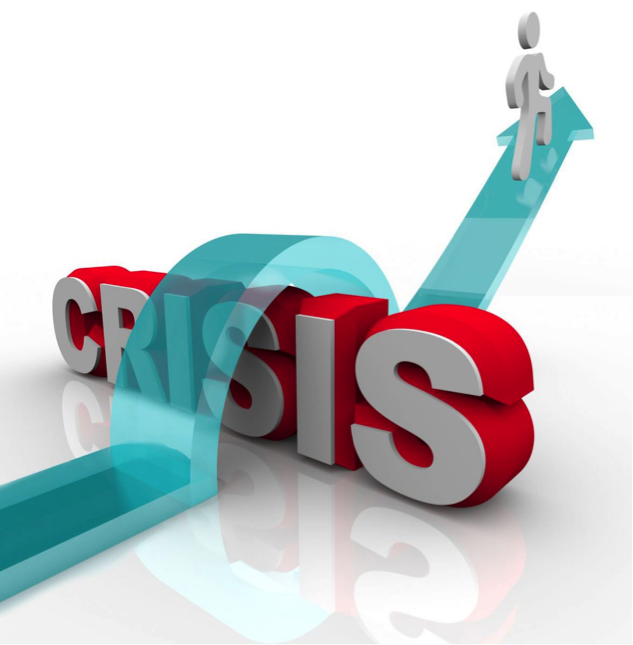September 28, 2015
When it comes to Crisis Management, sadly it’s not a matter of if but when…and to what degree. Even the strongest, most reputable organizations can be overcome by a crisis situation as we see all too often in the headlines. With today’s 24/7 news cycle and non-stop social media influence, companies cannot afford to be unprepared. If they are impacted, they must step up and respond quickly and responsibly.
It’s vital to have carefully thought out plans and procedures in place and to test and refine them well before an actual crisis occurs. While there are many layers to crisis preparedness, here are 6 key takeaways to help protect your brand:
- Have a Plan: In the heat of a crisis situation, your team must be able to move quickly and efficiently. There needs to be a clear understanding of what steps need to be taken to assess a crisis situation, notify appropriate decision makers and take action from a communications standpoint.
- Listen & Monitor: It’s always important to monitor the conversation around your brand, from news coverage to social media chatter, but the need increases dramatically during a crisis. Be sure to have access to the right monitoring tools. Provide your team with regular updates to show how the situation is unfolding so that you can determine the types of responses that may be needed.
- Be Forthcoming: In today’s digital age, speed does matter. Your initial response should acknowledge the situation so that your audience knows you’re not ignoring it. It’s OK to admit that you may not have all the facts yet, but let the public know you’re investigating and will provide additional updates. Be sure to do so on a timely basis. If you don’t tell your own story during a crisis, someone else will tell it for you.
- Reassure: First and foremost, be compassionate to those affected. Your audience needs to know that there are real people behind your brand who care about the situation and are working to make things right. Let your stakeholders know what you’re doing and explain the various steps that are being taken to help ease their concerns or confusion.
- Tailor Your Messages: Different audiences will require different messages. If the situation calls for a spokesperson, be sure to identify someone who is credible and qualified to speak on the company’s behalf and can help instill trust and confidence in your decisions. Anticipate questions so that you can provide thoughtful, thorough responses to the best of your ability. In addition to media statements or stakeholder communications, develop an area on your website that houses all relevant crisis information so that you can direct fans and followers to the site to streamline communications.
- Learn for the Future: Once the crisis subsides or has been resolved, it’s important to analyze what worked well and what can be improved upon in the future. If the crisis warrants changes in policies or safety procedures, develop and implement those plans and communicate that positive change to your audiences.
In most cases, it’s not the crisis that will define your company but rather how you respond. You can use the experience to help improve and shape the future.

Integrated Marketing
Public Relations